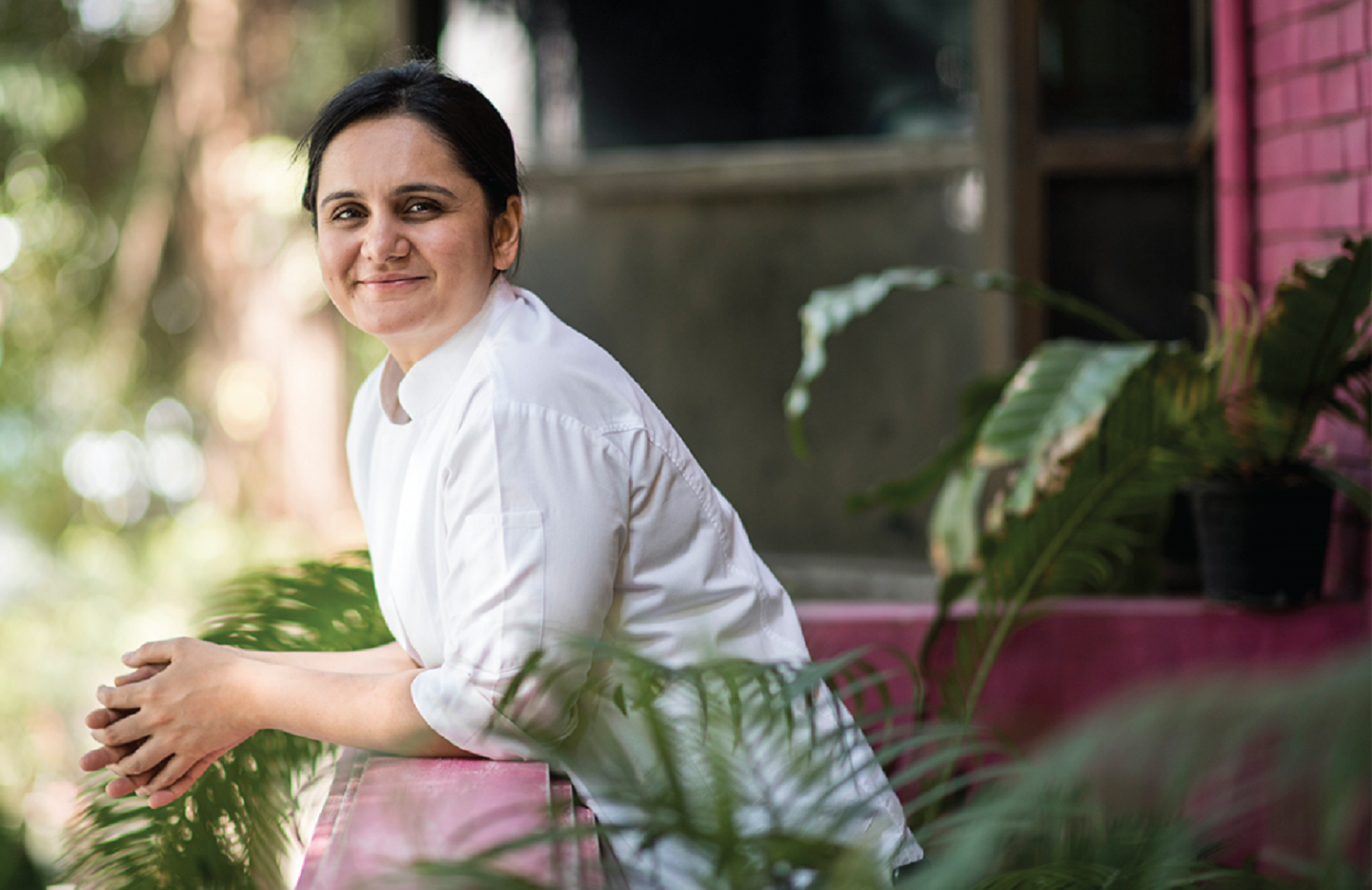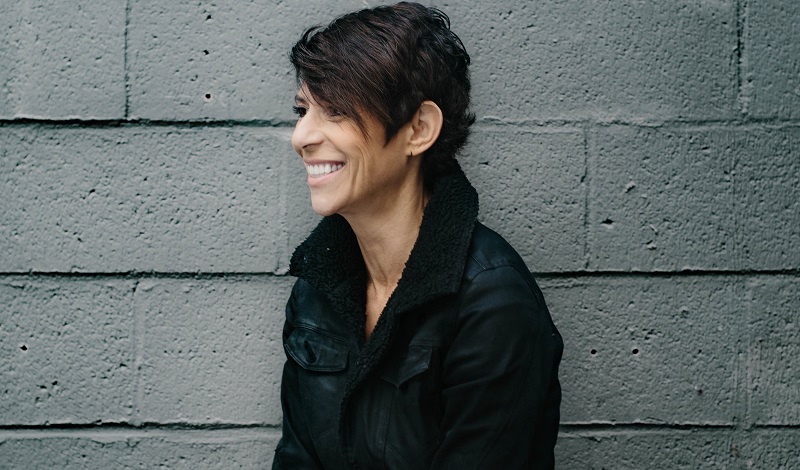
Garima Arora, founder of Restaurant Gaa in Bangkok, was named Asia’s Best Female Chef for 2019 (Photo: The World’s 50 Best Restaurants)
Garima Arora, founder of Restaurant Gaa in Bangkok, became the first Indian woman to receive a Michelin star when her restaurant — noted for combining traditional Indian techniques and Thai ingredients — was awarded at the 2019 Michelin Guide for Thailand. Last week marked another milestone for this former journalist-turned-chef, who was named Asia’s Best Female Chef for 2019 by The World’s 50 Best Restaurants awards.
Arora’s résumé is nothing short of impressive. After graduating from Le Cordon Bleu in Paris in 2010, she worked at René Redzepi’s Noma in Copenhagen before moving on to Gaggan, an avant-garde restaurant in Bangkok that also serves progressive Indian cuisine with local ingredients.
Her talents and modern cooking techniques, which are inspired by her “Indian upbringing and international perspective”, have now rightly been recognised on the world stage. But the more important question is, is a gender-specific award even necessary? Because the last time we checked, there isn’t an equivalent prize given out to male chefs.
Arora’s win reignited the debate of a ‘best female chef award’, an accolade many chefs and critics have questioned over the years ever since the prestigious World’s 50 Best Restaurants award body started it in 2011. Anthony Bourdain famously doubted the validity of such an award in a tweet, while food and dining network Eater labelled it “absurd” and “insulting”. Its editor-in-chief Amanda Kludt argued that it is an award entrenched in sexism.
It is true that female head chefs are few and far between, and an award to highlight their achievements would seem meaningful. But to differentiate between male and female “best” in the kitchen reads like a page from a ‘50s textbook. Unlike sports, where athletes are competing at a very different physical level, cooking is a matter of ability, skill and talent.
The organisers of World’s 50 Best claim that an award for female chefs aims to “redress an imbalance” while recognising the world of restaurant kitchens as a male-dominated sphere. But making separate spaces exclusively for women chefs just formalises the skewed notion that they are, perhaps, inferior. Other categories such as Chef of the Year and Young Chef of the Year have women and men competing side by side so why should there be a female-only prize?
Dominique Crenn, named the World’s Best Female Chef in 2016, was honoured but also outraged.
“They say this is to give females a voice,” says the French chef best known for gaining three Michelin stars for her restaurant Atelier Crenn. “But we have a voice. We’re already here. We’ve been here… You can promote women in a different way. It’s stupid. A chef is a chef.”

Food journalist Khushbu Shah wrote that the best female award “says you may be the best female chef in the world, but there are still 50 male chefs that are better than you." To prove her point, Crenn's restaurant has never appeared on the World’s 50 Best list.
To be fair, the award has given female chefs a platform to speak about their work and promote their cuisine to a global audience. However, such an award will not elevate women in the industry if policies to fight sexist working conditions in a testosterone-fuelled environment aren’t enacted or that a more sustained effort is introduced to help working mothers in an industry that demands long hours.
Recognition should be given to restaurants and chefs who stir imagination with their food and intriguing play on flavours and textures. An award should never be just a token.


